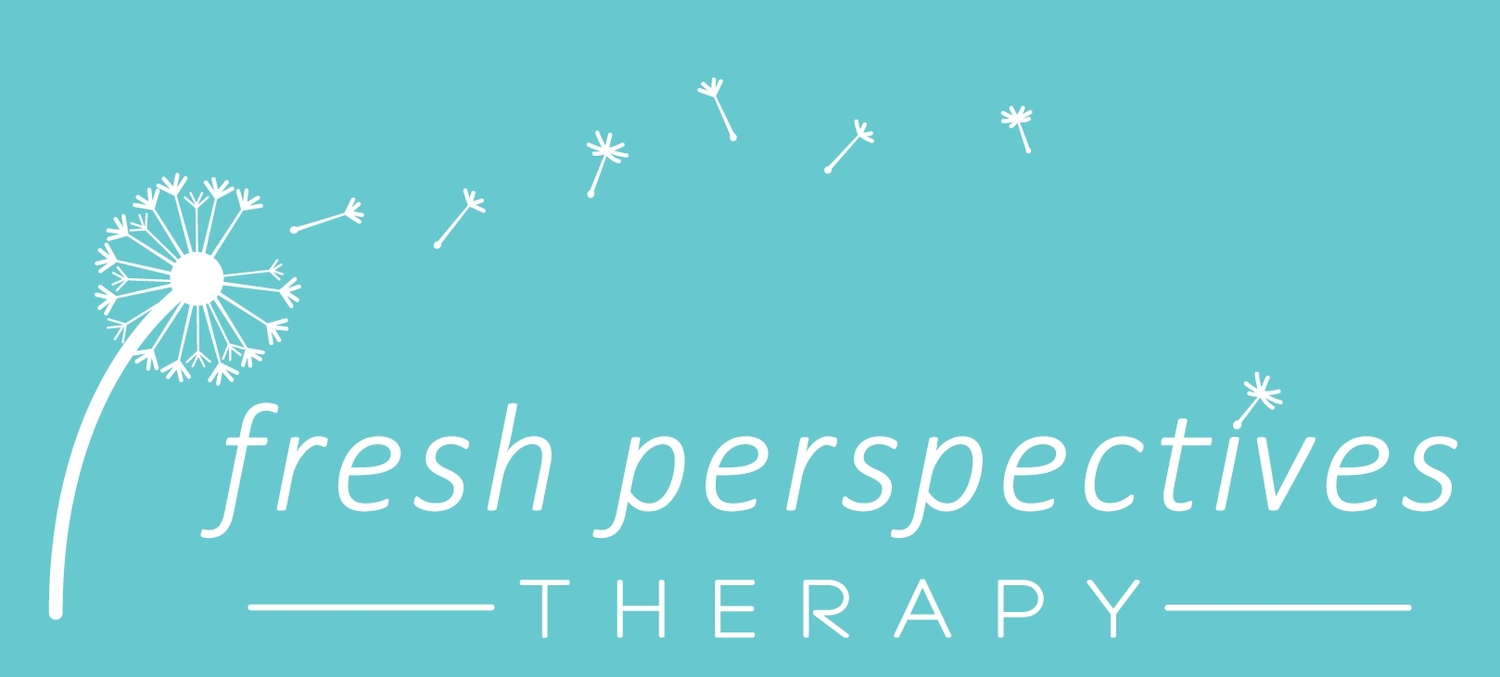In recent years, Mindfulness Practice has gotten a lot of attention. It is part of recommended treatments for everything: from anxiety and depression (see archived articles on this blog) to cancer and pain management. There are numerous physical and mental health benefits from mindfulness meditation, and it is practically risk-free, so what could be the problem?
Despite my obvious affection for it, I do take issue with how mindfulness meditation is sometimes approached, particularly considering its growing popularity. People hear how effectively it helps high stress--and other conditions--so they download apps or stream videos on YouTube and give it a whirl! Though these resources house fantastic guided mindfulness practices, this is often where the problem begins.
Mindfulness is defined by Jon Kabat-Zinn as, “paying attention in a particular way; on purpose, in the present moment, and nonjudgmentally”. When mindfulness meditation is practiced with the focus on relieving stress, it can frequently have the opposite effect. We start setting expectations for ourselves and for mindfulness, like:
- “I should be able to do this, it’s so simple”
- “This is supposed to be relaxing. Why don’t I feel relaxed?”
- “This isn’t working. There must be something wrong with me”
- “I’ve done this a few times now and I’m still depressed/anxious/stressed. I knew this wouldn’t work.”
When this happens, we lose sight of the fact that mindfulness is meant to be practiced with the sole expectation of being present in that moment, nonjudgmentally. That’s the goal. All the other things are wonderful, helpful, fantastic side effects.
So if you’ve given up on the idea that mindfulness could be for you, or if you’ve tried practicing mindfulness and thought it was ineffective, I urge you to reconsider.
Try starting with the sole aim of paying attention to the present moment, without judgment. It sounds simple but this goal is plenty lofty.

